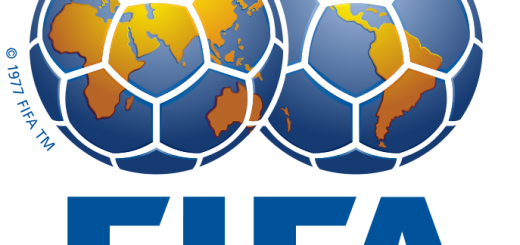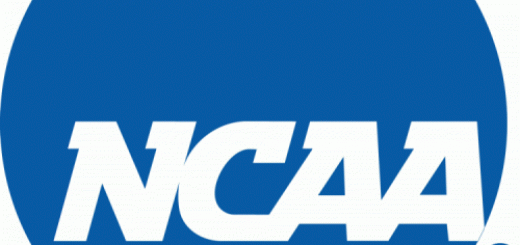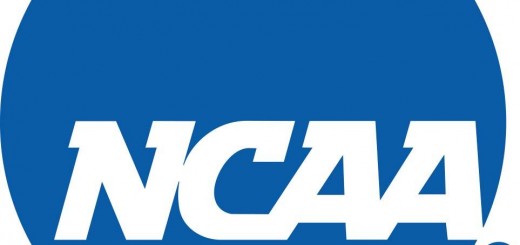The Conveniently Timed Barcelona Trade Embargo
In April, FIFA sanctioned FC Barcelona for violating regulations regarding the international transfer and registration of minors (U-18 players). Barcelona originally appealed FIFA’s decision, during which the FIFA Appeal Committee granted a stay of the initially imposed transfer ban. All aspects of FIFA’s initial ruling were upheldon Wednesday, including fines and a transfer ban that will prevent the club from signing any players in the next two windows (January 2015 and Summer 2015).
While the decision has finally arrived, how much affect will it actually have? The FIFA Appeal Committee delayed the ban just late enough for Barcelona to get a majority, if not all, of the club’s current transfer business done for the upcoming season.






Recent Comments